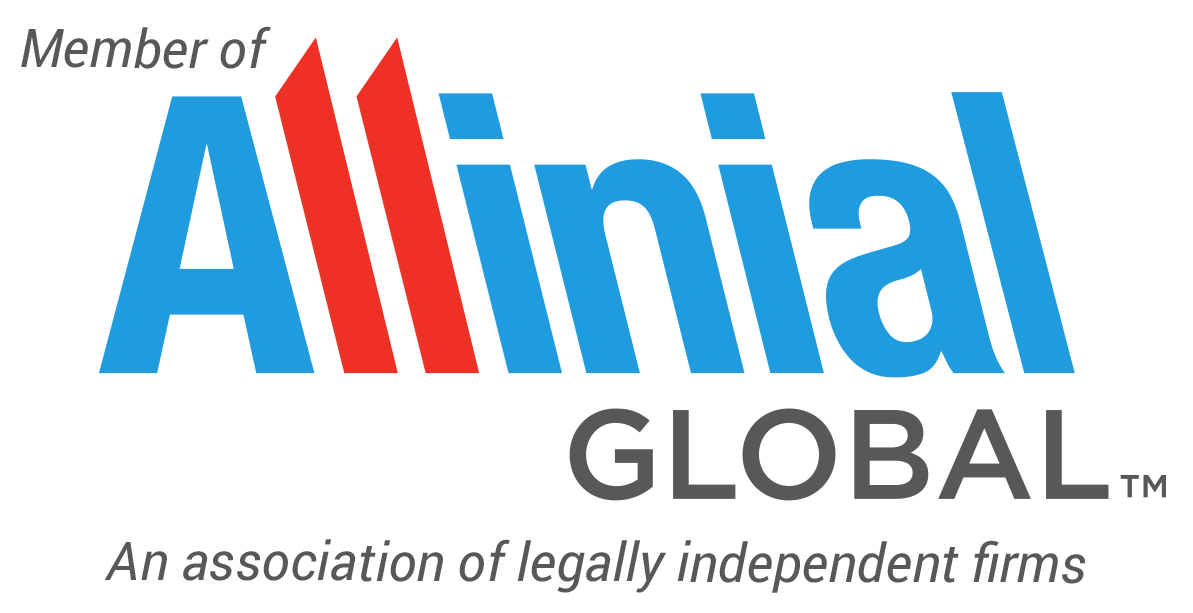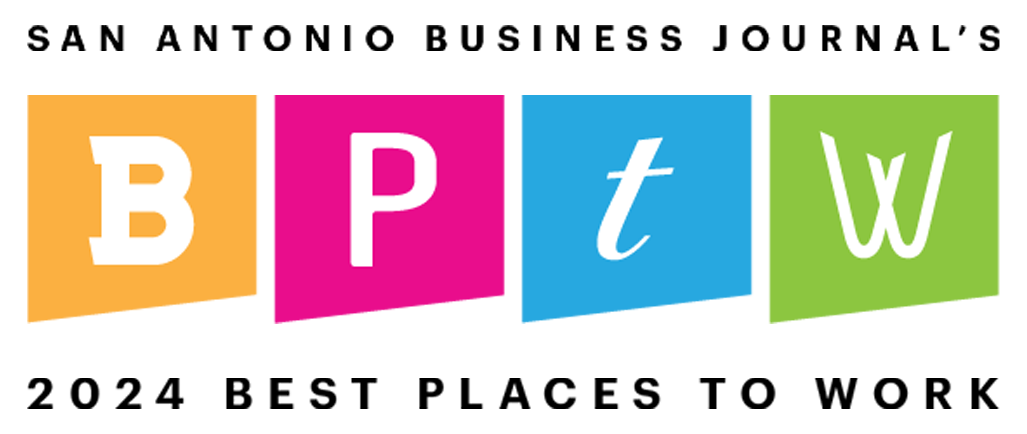Regardless of the source of your income (wages, self-employment income, interest, rent, dividends, etc.), you are required to pay tax on what you earn throughout the year. The IRS is not just concerned with how much you pay in tax but also when you pay it. Rather than waiting to pay your tax liability when your return is due, the IRS expects to receive tax payments on your income as it is earned throughout the year–known as a “pay as you go” system.
Employers are typically required to withhold payroll taxes from their employees’ paychecks each pay period and remit the payments to the IRS on behalf of each worker. When you have significant sources of income other than wages, however, you may need to make periodic remittances yourself in the form of Estimated Tax Payments.
Who must pay estimated tax?
If you anticipate having a tax liability of at least $1,000 for a given year, you must prepay your tax. Prepayment can be in the form of withholding from your paycheck (as mentioned above) or as estimated tax payments submitted to the IRS on a quarterly basis.
How much am I required to pay?
If you do not prepay enough, you run the risk of incurring underpayment penalties. The IRS provides safe harbors to make the calculations a little easier. You will not incur penalties if you pay in at least the lesser of (1) 90% of your current year tax or (2) 100% of prior year tax—110% of prior year tax if your income is over $150,000 (or $75,000 for married filing separate).
If you are using prior year tax as your safe harbor, the calculation is easy. Divide last year’s tax liability by 4 and this is how much you remit each quarter. Basing it on your estimate of current year tax requires a lot more effort and the calculations can get complex. The Instructions for Form 1040-ES provide a worksheet to assist in making the calculations.
When do I make my estimated payments?
Tax payments are made in 4 installments with each having a specific due date. Neglecting to make each payment by the designated date may result in penalties.
While these are often called “quarterly installments”, each payment does not necessarily include a traditional 3-month quarter. The estimated tax periods and respective payment deadlines generally are as follows:
| Installment | Period Covered | Due Date | |
| 1 | Jan – Mar | Apr 15 | |
| 2 | Apr – May | Jun 15 | |
| 3 | Jun – Aug | Sep 15 | |
| 4 | Sep – Dec | Jan 15 | (of the following year) |
However, given the recent COVID-19 pandemic, the IRS has extended the 2020 estimated tax payment deadlines for the 1st and 2nd installments. Payments that were originally due on April 15,2020 and June 15, 2020 are automatically extended to July 15, 2020 without accruing late-filing penalties or interest. The 3rd and 4th installments will be payable on their traditional due dates (pending any updated guidance from the IRS).
How do I pay my estimated tax?
Once the amount of estimated tax due has been calculated, you have several options available to remit the tax. They are as follows:
- Apply an overpayment from your prior year tax return to your current year estimated tax (designated on your prior year tax return)
- Mail a check or money order with a payment voucher, Form 1040-ES
- Pay electronically using the Electronic Federal Tax Payment System (EFTPS)
- Pay by Electronic Funds Withdrawal (EFW), generally available using tax preparation software or through a tax professional
- Pay by direct transfer from your bank account using IRS Direct Pay
- Pay by credit or debit card using a pay-by-phone system or the IRS website
- Pay from bank account or credit/debit card using IRS2Go Mobile App
Calculating and remitting your quarterly tax payments can be an art. An experienced tax professional can help you understand the laws and nuances of completing the calculations and keeping you out of a penalty situation. The ATKG team has your back and can assist with all your compliance needs.
Sage Woods is a Tax professional for ATKG. Prior to joining the firm, she spent four years in the healthcare industry. Sage graduated Magna Cum Laude from Texas A&M University-San Antonio and is currently enrolled in the graduate program there.
For further information on this topic or other tax questions please contact a member of our Tax practice at 210.733.6611 or info@atkgcpa.com.




